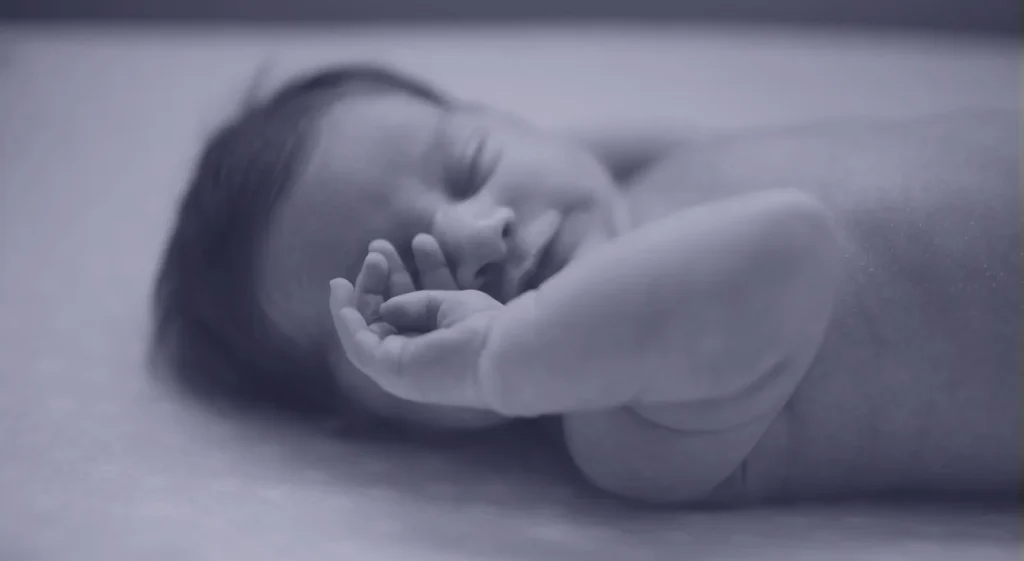As an Amazon Associate, I earn from qualifying purchases
The Mystery of Baby Sleep Time Crying
The sound of a baby crying in their sleep can be distressing for parents, stirring feelings of concern and helplessness. But why do babies cry during their slumber? In this comprehensive guide, we’ll explore the various reasons behind infant nighttime tears, shedding light on this common yet puzzling phenomenon.
Understanding the Reasons Behind Baby Sleep Time Crying

Babies cry in their sleep for a multitude of reasons, each linked to their unique developmental and physiological needs. Let’s delve into some of the most common causes:
- REM Sleep: During Rapid Eye Movement (REM) lying, babies may experience vivid dreams or intense brain activity, leading to involuntary movements and vocalizations, including crying.
- Discomfort: Babies may cry in their sleep due to pain caused by factors such as hunger, wet diapers, gas, or discomfort from teething. These physical sensations can disrupt their sleep and trigger crying episodes.
- Overstimulation: Excessive stimulation from lights, noise, or activity before bedtime can overwhelm babies and make it challenging for them to go to sleep deeply, leading to crying spells during the night.
- Separation Anxiety: Babies may cry in their sleep as a response to separation anxiety, especially during developmental stages when they become more aware of their surroundings and fear being apart from their caregivers.
- Nightmares or Night Terrors: As babies’ imaginations develop, they may experience nightmares or night terrors, causing them to cry or appear distressed during sleep. Sudden awakenings and intense emotions often characterize these episodes.
Read More
How to Properly Change a Diaper
Best Indoor Toys For 5 Year Olds
Addressing Baby Nighttime Crying: Tips for Parents

While occasional dead night crying is regular for babies, there are steps dad and mother can take to assist in alleviating their little one’s distress:
- Establish a Consistent Bedtime Routine: Establishing a tranquil evening pursuit can assist your child in a sign that it is time to wind down and put together for sleep. Include calming things to do, such as a heat bath, mild massage, or quiet story time to promote relaxation.
- Create a Comfortable Sleep Environment: Confirm your baby’s lying surroundings are conducive to restful sleep by preserving a relaxed room temperature, minimizing noise and mild disturbances, and the use of a firm, supportive mattress.
- Address Physical Discomfort: Regularly check your baby for signs of hunger, discomfort, or wet diapers, and address any issues promptly to prevent sleep disruptions. Consider using products like swaddles or pacifiers to provide comfort and soothing sensations.
- Offer Reassurance: If your baby wakes up crying, offer gentle reassurance and comfort without immediately picking them up. Sometimes, a soothing touch or soft voice can help calm them back to sleep.
- Seek Professional Guidance: If your baby’s middle-of-the-night crying persists or is accompanied by different symptoms, seek advice from a pediatrician or sleep expert for personalized recommendations and guidance.

Conclusion: Nurturing Your Baby’s Sleep
While the sound of a crying baby in their sleep can be unsettling, it’s essential to remember that it’s a normal part of infant development. By understanding the reasons behind nighttime crying and implementing strategies to promote better sleep hygiene, parents can support their baby’s well-being and create a more peaceful sleep environment for the entire family.
As an Amazon Associate, I earn from qualifying purchases


